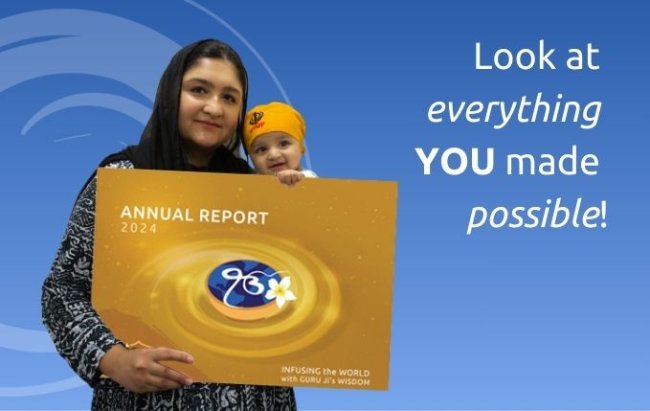 BRANFORD — Casey Roberts would like to know what you believe in.
BRANFORD — Casey Roberts would like to know what you believe in.
OK, not just you. But all people. When you think of faith, or feel a spiritual presence, or think about God — well, what is that for you?
Roberts is an interfaith minister, and this question about people’s beliefs has been on her mind for a while. In fact, she says, it may be the most important question of all.
“I can’t know another person until I know their beliefs, because it’s our beliefs that create our world,” she says. “Religion is a system of beliefs that help us express our spirituality. I’ve met very few people who don’t have a spiritual life, but many more people don’t have a religious life. I want to see what it is that unifies all religions, to find the things that bind and create our common ground, not the things that make us different.”

In the United States, she points out, it’s been estimated that roughly 80 percent of adults identify themselves as Christian or Jewish. Worldwide, however, members of these religions account for about one-third of the population.
“So what’s everybody else doing?” says Roberts. It was this question that gave her the inspiration to create a monthly Interfaith Roundtable, a gathering where people can come and learn about religions from around the world. Each month, she’ll invite teachers and clergy to come and talk about one of the world’s major religions and to answer questions.
“I want to create a place where people can easily learn about other religions,” she says. “To me, religion is like the finger pointing at the moon. It’s not the moon, but it’s showing us the way to the moon. And sometimes we get all hung up on the finger itself, and don’t see the moon anymore.”
It’s her hope, she says, that plenty of clergy and authors and teachers will come and talk about all forms of religion and spirituality: Islam, Unitarianism, orthodox Catholicism, Orthodox Judaism, A Course in Miracles, Hinduism, Buddhism and more, and that audience members will participate in the discussions and bring their own understanding and faith.
“I think we can begin to see that people all over the world share belief, even when they don’t share religion,” she says. “We share the way of being in the world. I had a teacher in seminary who said to me, ‘If you take all the writings of the great masters and distill it down, it comes to this: Be kind.’”
Eventually, she’d like to include roundtables during which members of different religions speak together about their faith. “I’d like to host roundtables in which five Protestant ministers talk about the different denominations, and let’s have a Sufi and a Muslim. Let’s have a Kabbalist sitting with a rabbi. I think we can all come away with new knowledge. My day is a great day if I learned something or shared something, not in a proselytizing way, but in a way of realizing that someone has been kind enough to come and teach me something.” The first Interfaith Roundtable will feature Dr. Jaspal Singh Mayell, of Stamford, who will discuss Sikhism, which, with its 25 million members, is the world’s fifth-largest religion. He’s the author of “The Universality of the Sikh Religion,” a 398-page book which aims to educate both Sikhs and non-Sikhs about the system of belief.
The first Interfaith Roundtable will feature Dr. Jaspal Singh Mayell, of Stamford, who will discuss Sikhism, which, with its 25 million members, is the world’s fifth-largest religion. He’s the author of “The Universality of the Sikh Religion,” a 398-page book which aims to educate both Sikhs and non-Sikhs about the system of belief.
Sikhism is based upon five tenets: everybody should earn their livelihood by honest, hard, creative work; share one’s blessings with less fortunate people; treat all people as equal in all respects; pray daily to one God to obtain divine experience; and practice truthful living every day.
Mayell says he’s grateful for the opportunity to participate in the roundtable, since there aren’t many opportunities for people to share their beliefs with each other.
“It is extremely important in today’s world to discuss different religions. Quite often people fight because of religion, even among the same religion. Fighting occurs almost in all religions,” he says. “Religion is for enjoyment, peace of mind and love. God created 6 billion people, and no two are alike. Enjoy the diversity. People created different religions. I say enjoy them. My formula for world peace would be: respect all religions. Follow your own.”
Roberts would agree. “We’re so lucky to be alive right now,” she says. “We’re among the first generation that can share information like this. To be in someone’s company and have different beliefs in the room. I’m hoping that we’ll all achieve a greater understanding — and you know, if you meet a Sikh, you’re able to say, ‘Oh, you’re not a Hindu. I know a little bit about that.’ You’ll have a context that maybe you wouldn’t have had before.”
The first roundtable will take place at 7 p.m. on Feb. 24, at The Limelight Restaurant, 420 E. Main St., in Branford. The event is free and open to the public. For more information, go to the Web site.

